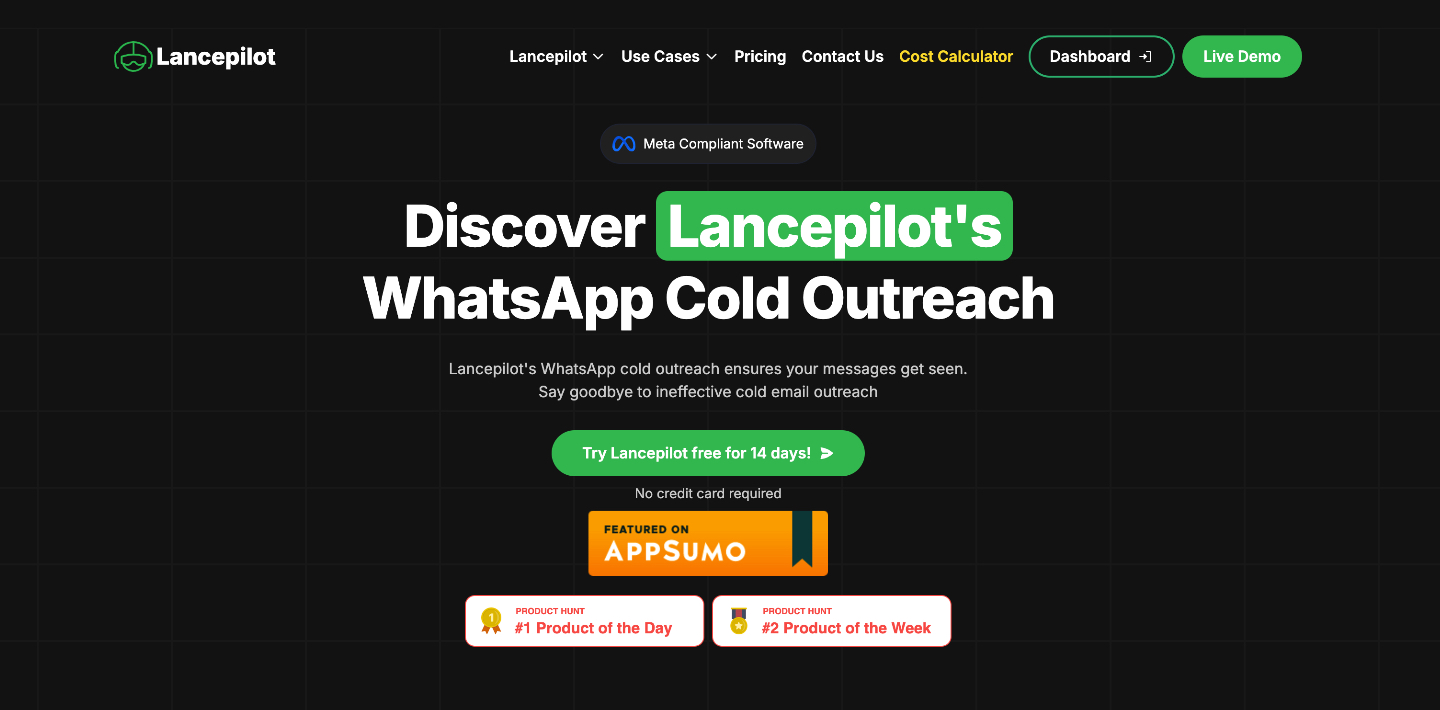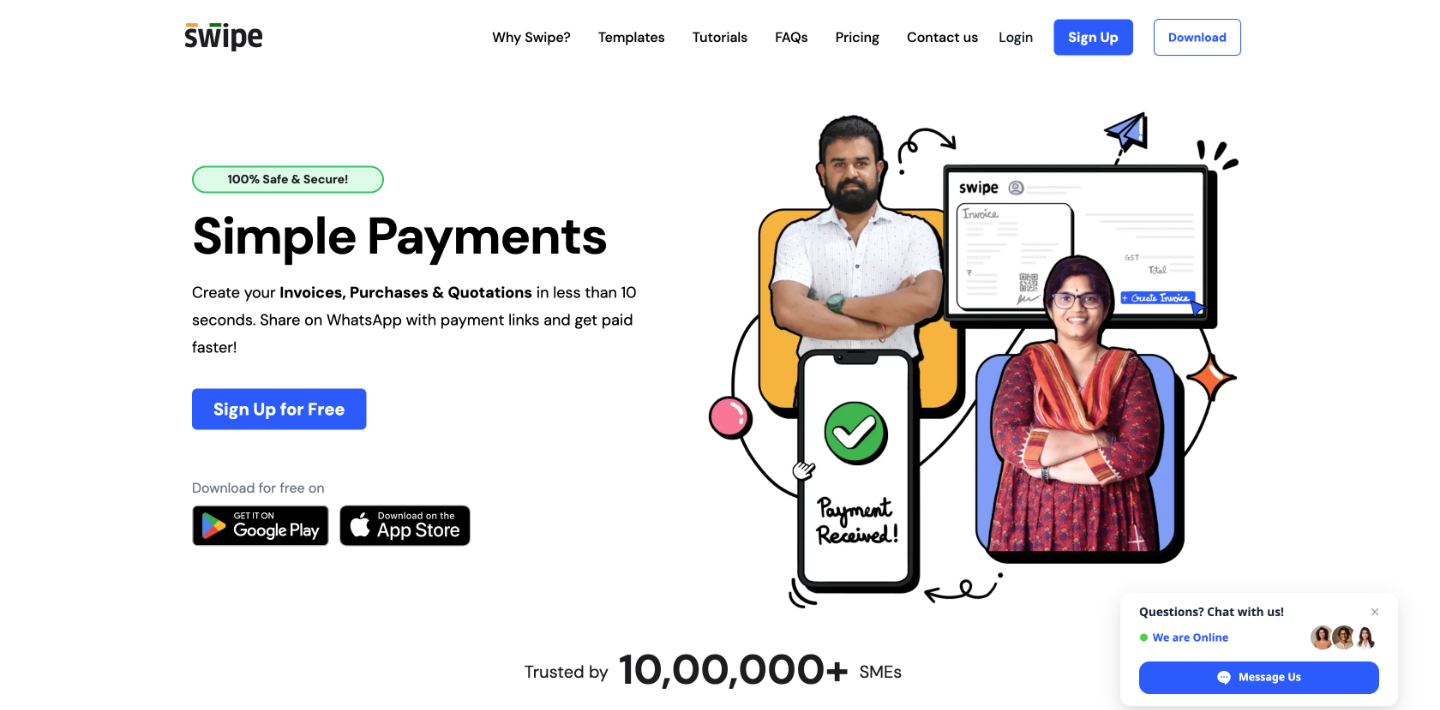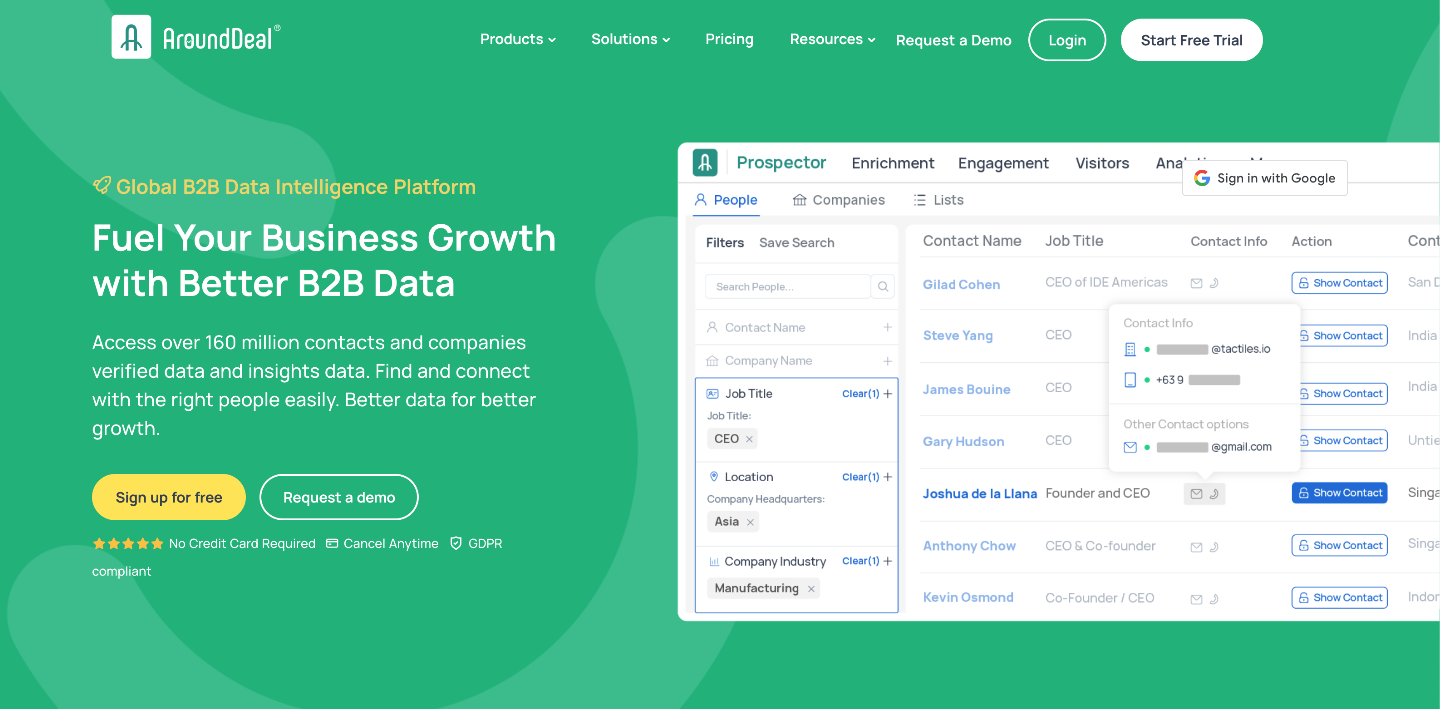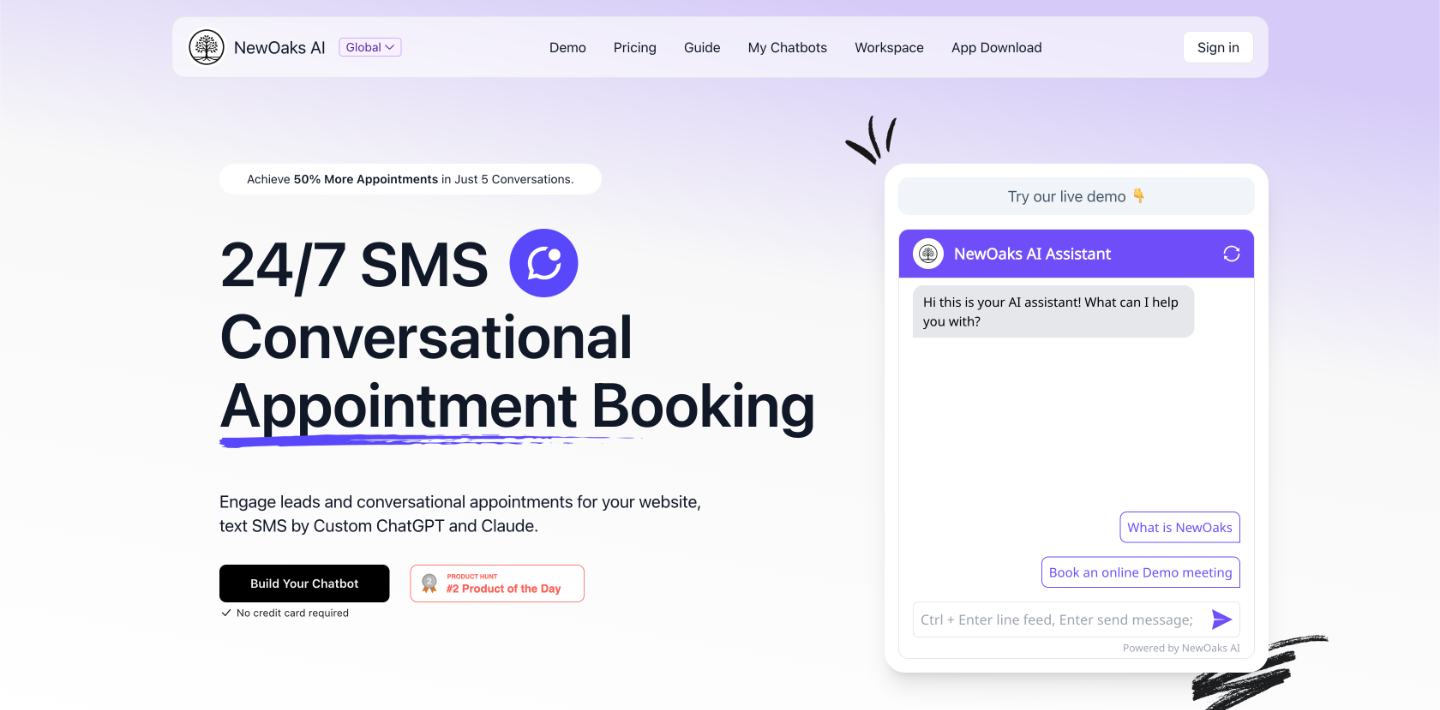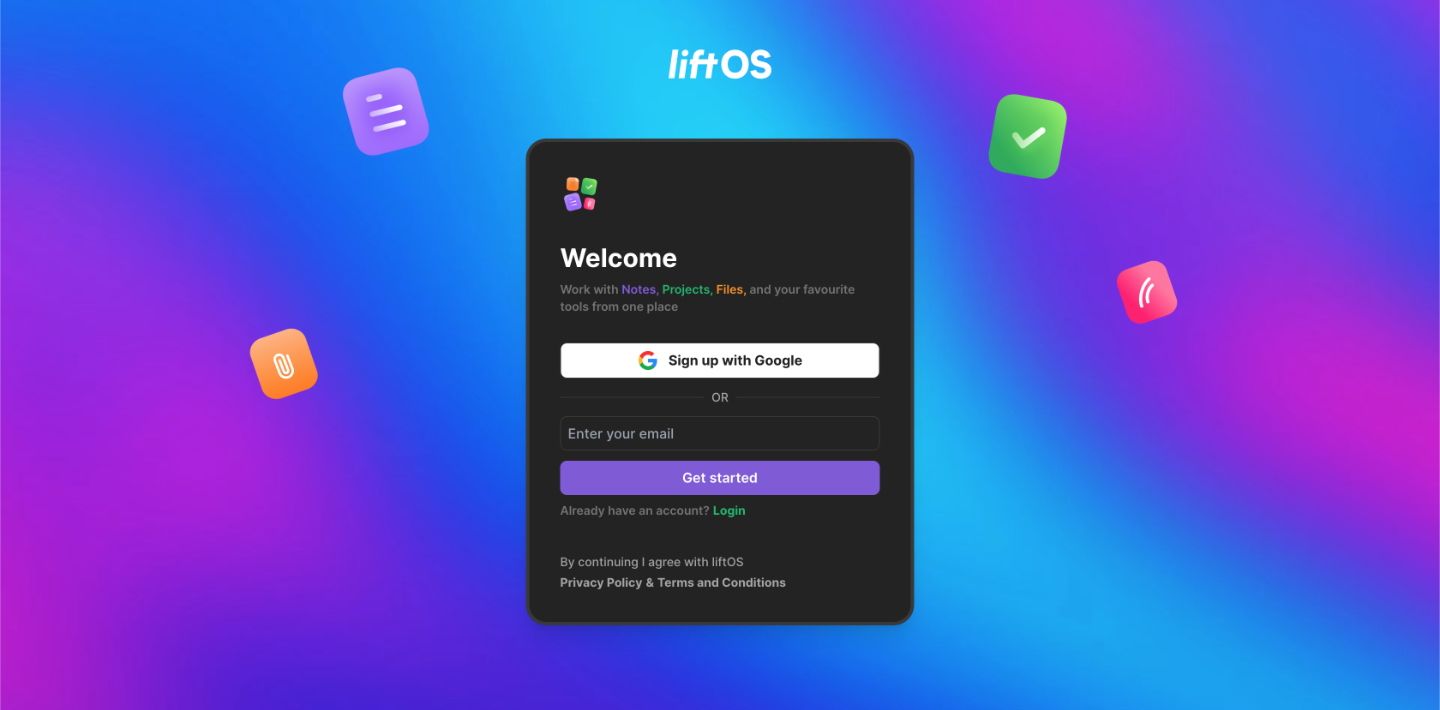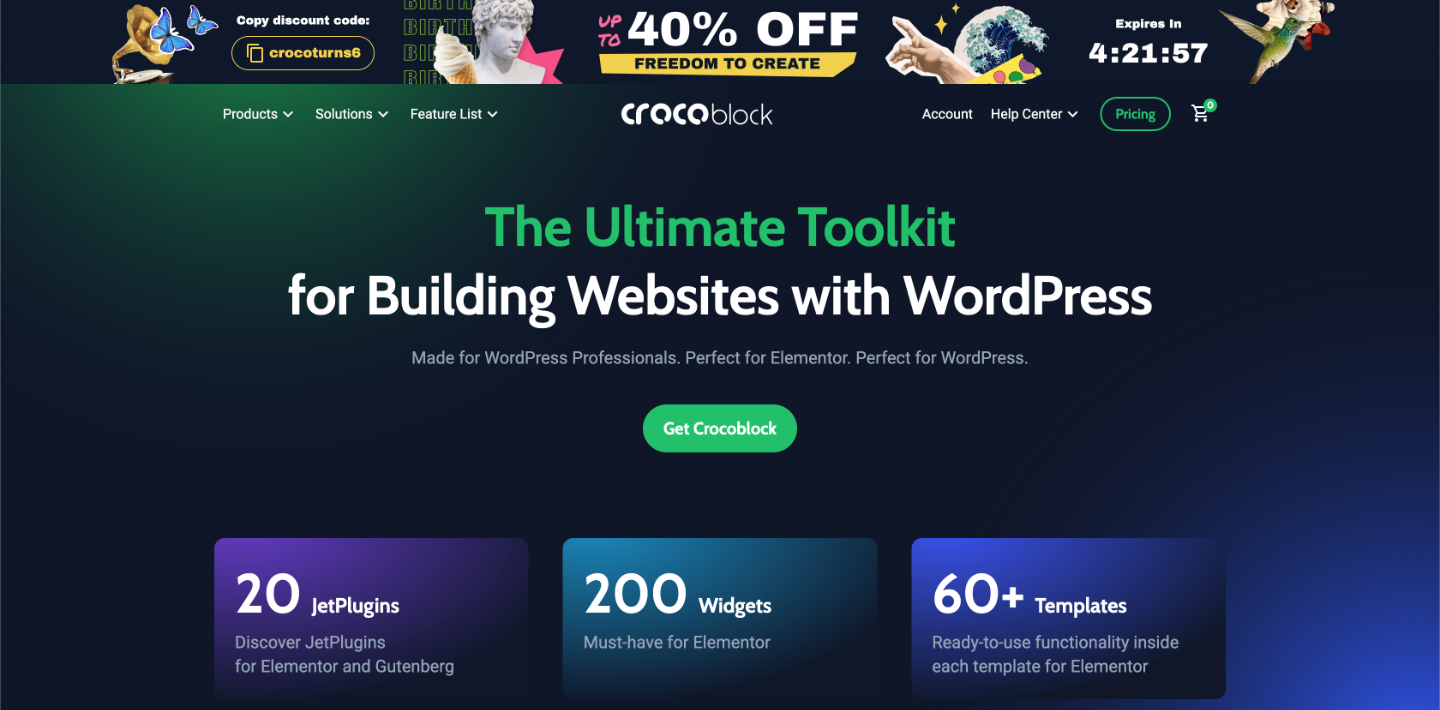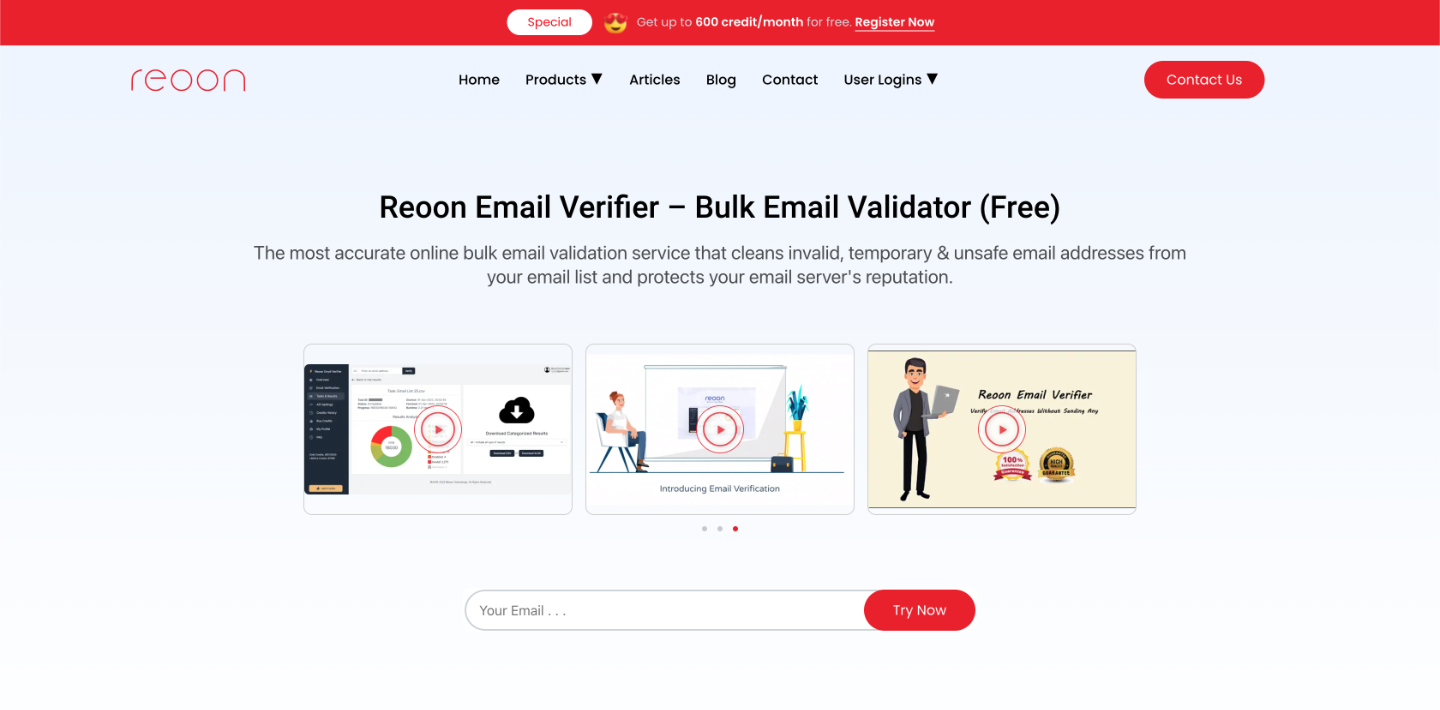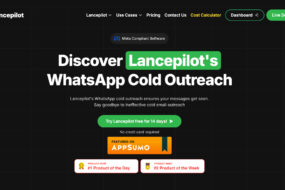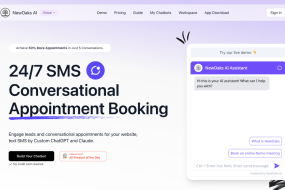Writing content for a business website is both one of the easiest and most difficult tasks you’ll ever take on, just ask anyone with their masters in communication. On one hand, the goals of your website are fairly straightforward: capture high search engine rankings in your relevant search terms, attract potential customers and/or clients, and deliver accurate and easy-to-find information about your products and services to your readers.
On the other hand, once you’ve directed a new user to your site, it can be a challenge to hold his interest. Your business’ website must be both interesting and relatable to your reader; otherwise, he may decide to tab out of your site altogether.
Making a personal connection with your readers is tricky. As a business website writer, you’ll have to walk a narrow path between two potential pitfalls. The first is being too formal and detached in tone. There is a time and a place for extremely businesslike writing, but if all of the content on your site takes that form, your readers might not be able to detect a “soul” in your business. The other major business site writing mistake is just as serious, though. If you go to the opposite extreme and make your business site’s content too personal, your readers may end up feeling creeped out. Trying too hard, in this case, is as bad as not trying at all.
When and where to get personal
How do you strike a balance between being too formal and too personal? The key is figuring out when and where to make a personal connection with the reader. Some of the content on your business’ website should be written in a professional and formal manner, but there are two places where this kind of tone will hurt the effectiveness of your site: the blog and the About Us page. These are your chances to present the “human” side of your business to your audience.
The About Us page is a vital element of any effective business website. It’s as simple as it sounds. The purpose of this page is to tell readers about your business – when it was founded, what principles it was founded upon, how it has changed and grown over time and what its present goals are. Taking a detached tone on your About Us page may make your business’ story seem dull. You’re telling a story here, so tell it with a personal touch. Talk about the motivations of the company’s founder or founders and how they got their start. Include information about the personal interests of the company’s staff that might explain why they decided to work at your company.
The other window into your business is its blog. The past decade saw the expanded use of external business blogs to communicate with the public. External company blogs hosted by providers such as virtualhosting are now standard, and for good reason. The company blog is one of the most potentially effective tools in a company’s toolbox. As a company blog writer, you can create posts that discuss your company’s new initiatives, its progress on ongoing projects and reflections on past achievements and decisions. You can also make posts that discuss how your company’s services can help people with their everyday problems. If your company sells business software, for example, try emphasizing common workplace problems that your programs are made to resolve. These kinds of posts will give you the opportunity to write convincingly from a personal perspective.
Business blogging is also an excellent way to form connections with individuals and organizations that also maintain blogs. Millions of people run personal blogs alongside the Internet’s many business blogs, and the line between personal and business blog can sometimes be blurred. By making relevant comments on and exchanging links with other blogs, your company’s blog can both achieve a broader online presence and create personal connections with potential customers and clients.
Gavin Carter is a branding expert. He frequently writes about how to effectively brand a business on marketing blogs. Visit the http://www.VirtualHosting.com link and check out their hosting reviews.

